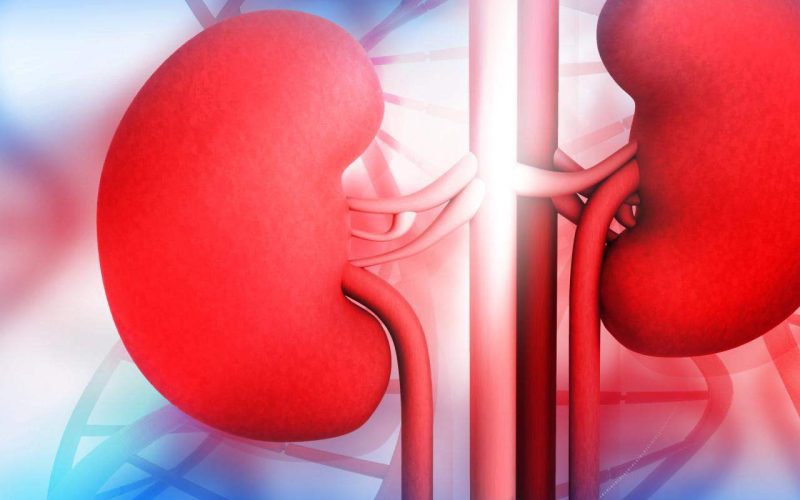Introduction
Understanding the intricacies of renal biology is pivotal in comprehending the complexity of the kidney—a remarkable organ that plays a critical role in maintaining homeostasis within the body. This article delves into the multifaceted functions of the kidney, exploring its structure, mechanisms, and the vital processes it orchestrates.
The Kidney’s Anatomy and Structure
The kidney’s structure is architecturally brilliant, comprising millions of nephrons, the functional units responsible for filtration. Each nephron consists of a renal corpuscle, which includes the glomerulus and Bowman’s capsule, along with a tubule. The glomerulus filters blood, allowing waste products and excess substances to enter Bowman’s capsule and form the initial filtrate.
Filtration and Reabsorption
Filtration is just the beginning; reabsorption and secretion are crucial subsequent steps. The renal tubules meticulously reabsorb essential substances like glucose, ions, and water from the filtrate, ensuring their retention in the body. Simultaneously, waste products and excess substances are actively secreted into the tubules for elimination.
Renal Function
While waste excretion is a fundamental function, the kidney is far more versatile. It regulates blood pressure through the renin-angiotensin-aldosterone system, adjusting fluid balance and influencing vascular resistance. Additionally, it produces erythropoietin, stimulating red blood cell production, and helps maintain acid-base balance by regulating hydrogen ion secretion.

Disorders and Diseases
Disruptions in renal function can lead to various disorders and diseases, including but not limited to chronic kidney disease, kidney stones, urinary tract infections, and nephrotic syndrome. Understanding the underlying mechanisms of these conditions is critical for diagnosis, treatment, and prevention.
Research and Advancements
Ongoing research continuously unravels new facets of renal biology. Innovative techniques like organoids—miniature organ models grown in labs—offer unprecedented insights into kidney development and disease mechanisms. Furthermore, advancements in precision medicine pave the way for personalized treatments tailored to an individual’s genetic makeup and specific renal conditions.

Conclusion
The kidney’s complexity extends far beyond its role in waste elimination. Its intricate structure and multifunctional processes make it a pivotal organ in maintaining overall health. Understanding renal biology not only aids in comprehending diseases and disorders but also fuels ongoing research to develop innovative treatments and improve patient outcomes. As we delve deeper into this complexity, we uncover opportunities to enhance our understanding and, consequently, our ability to diagnose, treat, and prevent renal ailments, ultimately improving the quality of life for millions worldwide.












